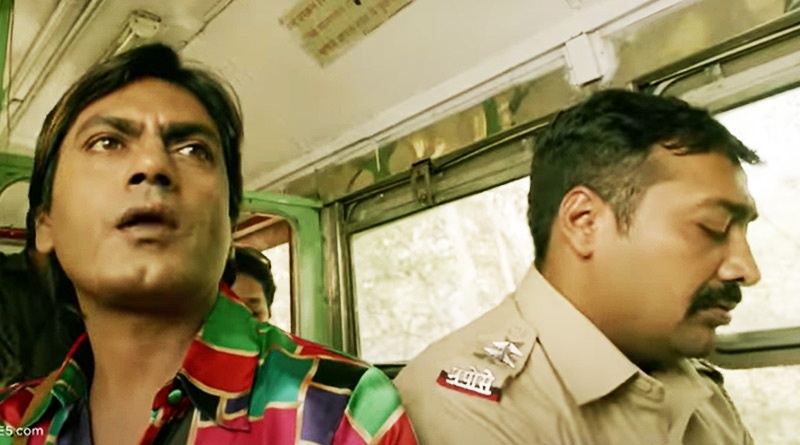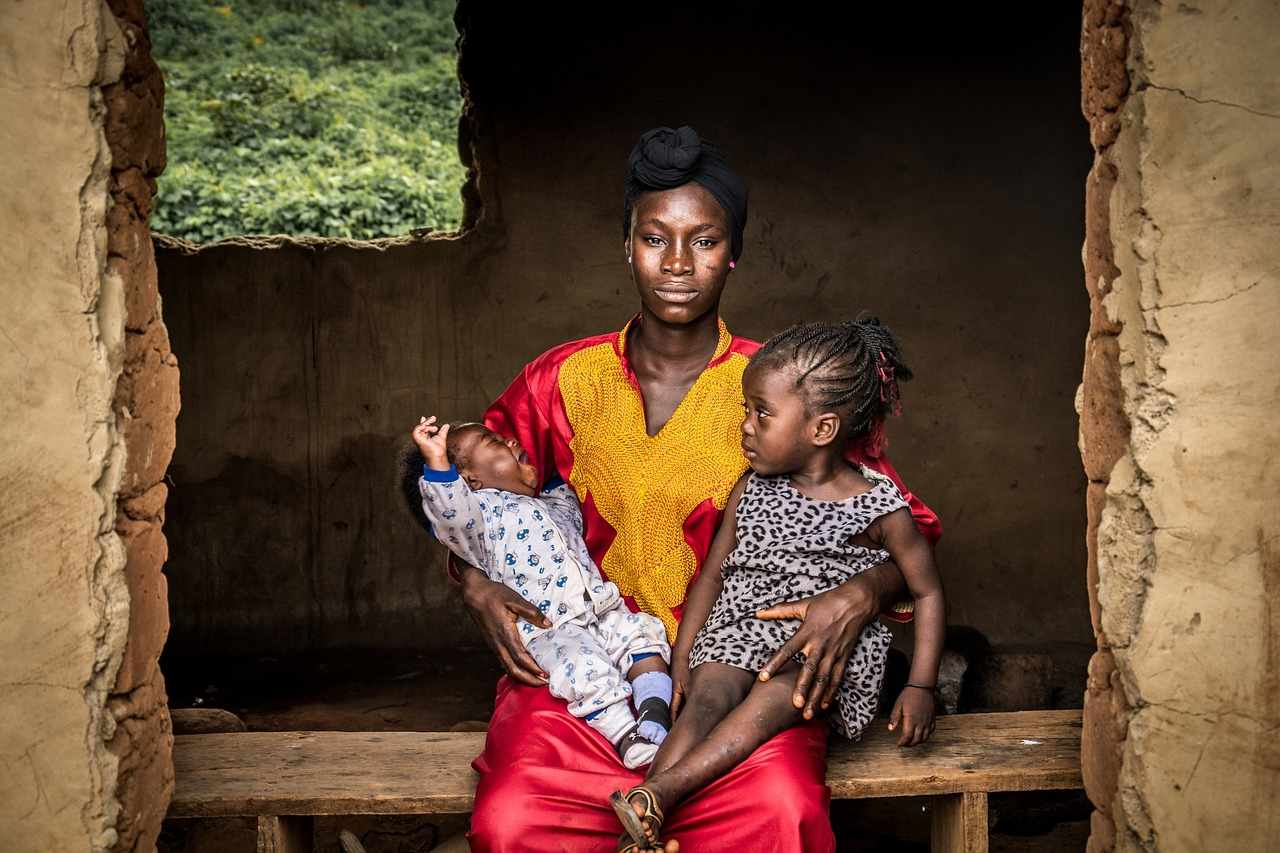CRITICAL INSIGHT
In India child trafficking is a great humanitarian issue that must be addressed urgently. The film Amoli addresses the significant theme in the context of human dignity and humanitarian concerns.
Dr. Piyashi Dutta – Assistant Professor , Amity School of Communication, Amity University, Noida.

The documentary film Amoli (Priceless) directed by National award winning directors Jasmine Kaur and Avinash Roy and produced by Culture Machine, has been able to raise the uncomfortable question that most of us in the “civilized” Indian society choose to ignore. The focus has been redirected to the multifaceted, billion dollar industry of child sex trafficking and child prostitution in India.
The intense narrative of the 30 minute long film, paints a vivid picture of the upsetting accounts of victims and survivors of this inhumane industry. The chronicles of young victims from different states like Bihar, Madhya Pradesh and others have been interwoven in four chapters — Mol (price), Maya (illusion), Manthan (internal conflict) and Mukti (liberation), that makes one cringe. The documentary craftily highlights the process of commodification of an underage girl child (from a beti / ladki to maal/product).
It is a known fact that in India alone, a child goes missing every 8 minutes approximately and an estimated 3.6 million children are abducted for flesh trade ranging from sex slavery, prostitution and the like.
Memo to Ponder On
But a vital memo from the documentary Amoli that we as a “civilised” society need to think and act upon is how to convict the customer. The flesh trade industry is so well-managed owing to the socio-political nexus that never does a customer get caught let alone be convicted. In an industry which thrives on the demand and supply mechanism, it is of utmost importance that the demand factor is ripped off from the system. Prices of young girls go up to lakhs since the demand is more, owing to a popular nauseating believe that, old men can be healed of various aliments if they engage in sexual activities with young girls.
These are issues that have been long ignored and many also believe that the victims of this industry are only women and girls of the rural, under developed pockets. Conversely, it is being seen that young college going girls from well to do urban households are also lured into the trade, to satisfy the demands of affluent customers who are ready to pay any price.
So, if one looks at the whole gamut of this industry the demand comes from across the society, be it a daily wage earner or a multi-millionaire, thus creating a web of hierarchy where young girls from both urban and rural areas become prey.
Prey and Predator
Convicting the customer is the need of the hour, calling for legislations and amendments that not only crack down on the sleeping agents, middle man and pimps, but also convicts those who are the propagators of this inhumane trade (the customers). The archaic and vague Immoral Traffic (Suppression) Act (SITA) of 1956 needs immediate amendment, with provisions of severe punishments for customers, rehabilitation of survivors.
Furthermore, only constitutional remedies are not enough to curb the mayhem that this industry has brought on the Indian society. Collective social responsibility becomes imperative wherein, civil societies play a tangible role. The whole game of prey and predator can be stopped, if predators are unveiled in front of the society. Social ostracisation of the girls ought to stop and actual perpetrators should to be held accountable.
For reference in the year 2014, when it was reported that the National award winning actor Shweta Basu, was arrested for prostitution in Hyderabad, the entire news coverage was focused on the actor, whereas nothing was ever reported about the affluent clients who were part of the entire racket. One is compelled to think that only by providence divine, is such information eliminated. The gate-keeping mechanism only further aggravates the ambitions of the customers and manifests the demand-supply chain on which the human trafficking industry thrives. A vicious cycle has been created that can be broken if socio-political nexus is broken and the society tales ownership of the filth in which young children are forced to grow up.
If the society does not wake now when will it do, is the question that remains unacknowledged. Convicting the Customer, for every Amoli is the need of the hour.













